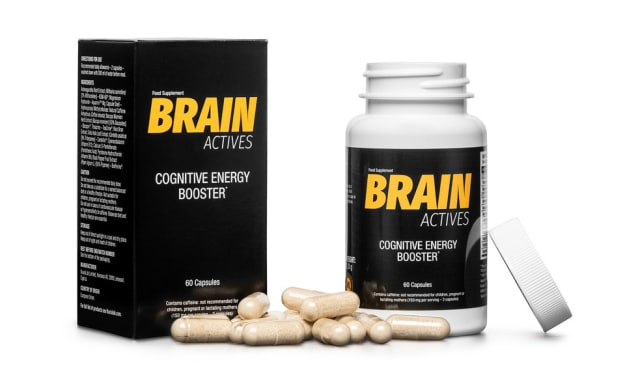
Autoimmune diseases, such as lupus, multiple sclerosis, and rheumatoid arthritis, affect millions of people worldwide.
These conditions occur when the body's immune system mistakenly attacks healthy cells, leading to inflammation and damage.
Traditional treatments for autoimmune diseases often focus on managing symptoms, but there is growing interest in using diet as a way to improve outcomes.
One diet that has been gaining attention in this area is the ketogenic diet.
The ketogenic diet, or "keto" for short, is a high-fat, low-carbohydrate diet that has been traditionally used for weight loss and the management of certain neurological conditions.
However, recent research has shown that the keto diet may also have benefits for people with autoimmune diseases.

How the ketogenic diet works:
The ketogenic diet works by drastically reducing carbohydrate intake and increasing fat intake.
This causes the body to enter a metabolic state called ketosis, where it begins to burn fat for fuel instead of carbohydrates.
When the body is in ketosis, it produces ketones, which are molecules that can be used as an alternative energy source for the brain and other organs.
Benefits of the ketogenic diet for autoimmune diseases:
Reduced inflammation: One of the hallmarks of autoimmune diseases is chronic inflammation. The keto diet has been shown to reduce inflammation in the body, which may help to improve symptoms and slow disease progression.

Improved gut health: The gut plays a crucial role in the development and management of autoimmune diseases. The keto diet has been shown to improve gut health by promoting the growth of beneficial bacteria and reducing inflammation.
Increased antioxidant levels: Antioxidants are essential for protecting the body from damage caused by inflammation and free radicals. The keto diet has been shown to increase antioxidant levels in the body, which may help to protect against disease progression.
How to follow the ketogenic diet:
- Eliminate processed foods, sugar, and grains from your diet.
- Eat healthy fats, such as coconut oil, olive oil, and avocado.
- Include plenty of non-starchy vegetables in your diet, such as spinach, broccoli, and cauliflower.
- Eat moderate amounts of protein, such as chicken, fish, and grass-fed beef.
- Avoid fruit and starchy vegetables, such as potatoes and corn.
- Consult a qualified healthcare professional before starting the ketogenic diet, especially if you have an autoimmune disease.
The ketogenic diet is a high-fat, low-carbohydrate diet that has been traditionally used for weight loss and the management of certain neurological conditions.
Recent research has shown that the keto diet may also have benefits for people with autoimmune diseases, by reducing inflammation and improving gut health.
However, it's important to note that the ketogenic diet should be followed under the guidance of a healthcare professional, especially for people with autoimmune disease, as it may have side effects and may not be suitable for everyone.
The ketogenic diet may not be a cure for autoimmune diseases, but it may be able to improve symptoms and quality of life for those living with these conditions.
BONUS!
About the Creator
Maya
I am a health and wellness advisor whose hopes to empower individuals to take control of their health and well-being.






Comments
There are no comments for this story
Be the first to respond and start the conversation.